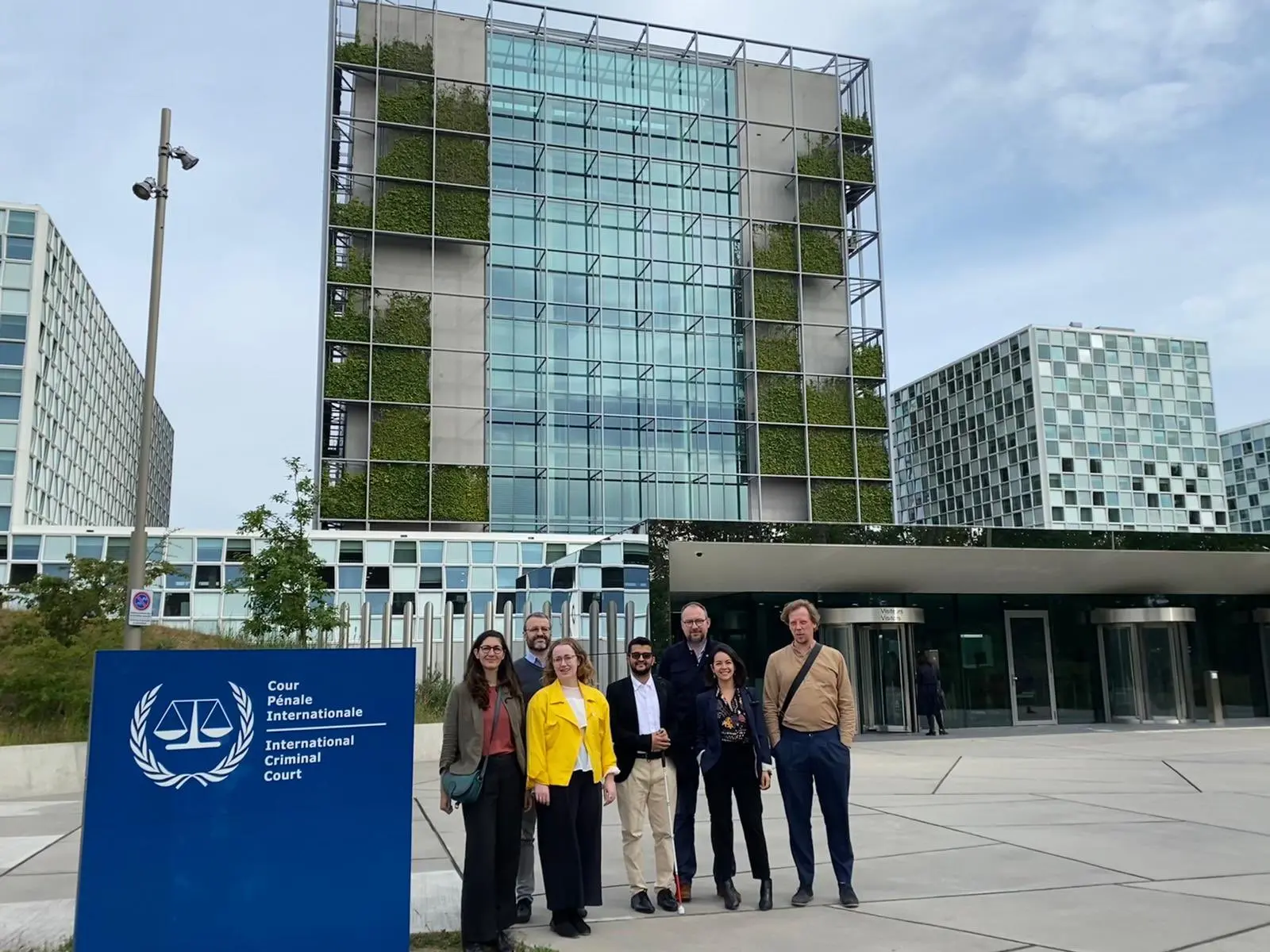Executive summary
After more than eight years of armed conflict, the civilian population in Yemen continues to endure serious violations and abuses of international humanitarian law and human rights law in a pervasive climate of impunity. Many of these violations may amount to crimes under international law such as war crimes and crimes against humanity. The suffering of civilians is exacerbated as they face one of the world’s worst humanitarian crises, with no immediate signs of relief. All parties to the conflict and those supporting them hold responsibility for causing this human suffering and perpetuating the conflict. There are no clean hands in this devastating war. The loud pleas of victims and their families, public reports, civil society-led litigation, and repeated briefings by United Nations (UN) experts over many years, have put States, non-State actors, including armed groups and arms companies, and the international community on notice. No one can claim to be ignorant of the atrocities that have been and continue to be committed against civilians in Yemen.
And still, little to no efforts have been made by the parties to the conflict to hold accountable those responsible for past and ongoing atrocities, many of which may constitute international crimes. The quest for justice has been infected by “a pandemic of impunity.” Under intense pressure from Saudi Arabia and the United Arab Emirates (UAE), the mandate of the only independent international mechanism investigating all parties to the conflict and laying the groundwork for accountability – the UN Group of Eminent Experts on Yemen (UNGEE) – was not renewed by the UN Human Rights Council in 2021. Saudi Arabia, backed by the UAE, conducted an aggressive lobbying campaign to shut down the UNGEE. Since 2017, public reporting by the UNGEE had played an important role in addressing – even if only limitedly – the vast accountability gap. By disbanding the UNGEE, the international community turned its back to the massive scale of violations and suffering that the people of Yemen continue to endure. The need to address the pervasive accountability gap remains urgent and necessary.
The following report, by Mwatana for Human Rights and Ceasefire Centre for Civilian Rights, examines several avenues to pursue criminal accountability for international crimes committed in Yemen since September 2014. The aim of this report is to assess the feasibility and the potential impacts of pursuing each of these accountability avenues, considering the present realities of the ongoing war. Existing accountability avenues are considered, particularly the domestic judicial systems of the parties to the conflict, the International Criminal Court (ICC), and foreign domestic courts in third States. The possible establishment of new international accountability mechanisms is also explored, namely an independent international criminally-focused investigative mechanism, an independent civil society investigation and reporting mechanism, and an ad hoc international criminal tribunal. The different avenues of accountability outlined in this report should not be understood as stand-alone options for ensuring justice. The avenues may operate in parallel and cooperate in ensuring justice.

-1.jpg)
